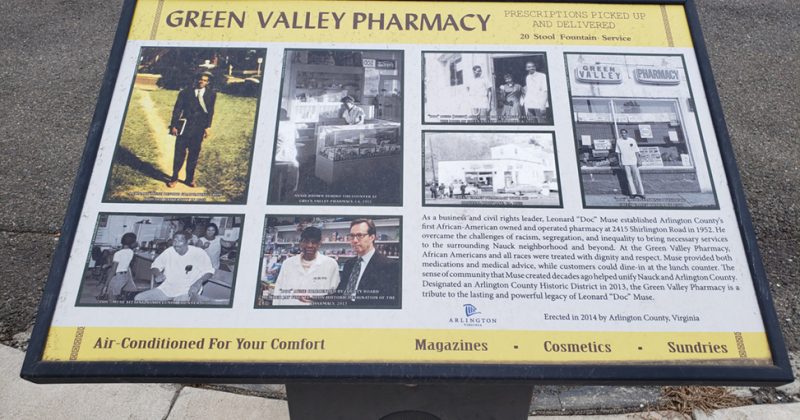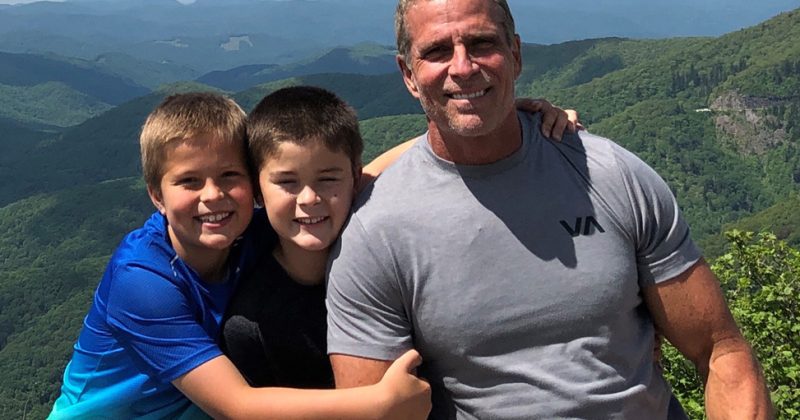
If you need a break from Zoom calls, take a walk outside, an exercise and sport science professor advises. (photo courtesy of Shutterstock)
Eight months into the coronavirus pandemic, “Zoom fatigue” is a growing problem. Now, more than ever, physical and mental health are important.
Abbie Smith-Ryan, an associate professor in the department of exercise and sport science, says exercise is the best medicine. Particularly important these days, exercise strengthens your immune system. And regular exercise reduces illness frequency and severity, she said.
Working from home takes a toll on daily movement, with the majority of people not getting enough exercise. Smith-Ryan recommends aiming for about 30 minutes a day and a minimum of 10,000 steps a day. When sitting in a chair all day, that minimum can be hard to reach.
The idea of exercise can be overwhelming, Smith-Ryan said. But a workout doesn’t have to be some huge routine. Her advice? Break things up. Start slow. Keep it manageable.
Instead of exercising 30 minutes a day at one time, try three 10-minute sessions. During work hours, Smith-Ryan recommends going for short walks between Zoom calls or turning off your camera and walking during some meetings.
Other tips include body weight squats at your chair, wrist curls, stretching your arms behind your back and rolling your neck, all to stimulate blood flow and keep joints mobile.
Published in the Fall 2020 issue | The Scoop
Read More

A MythBusters approach to life
For up-and-coming astrophysicist Ben Kaiser, a desire to figure things…

Southern Futures: Exploring intersections of class and race in Green Valley
Moriah James in Washington, DC. Graduate student Moriah James was…

New initiative will study technology and the adolescent brain
When Jim Winston Jr. (’B.A. history ’81, Ph.D. psychology ’92)…

